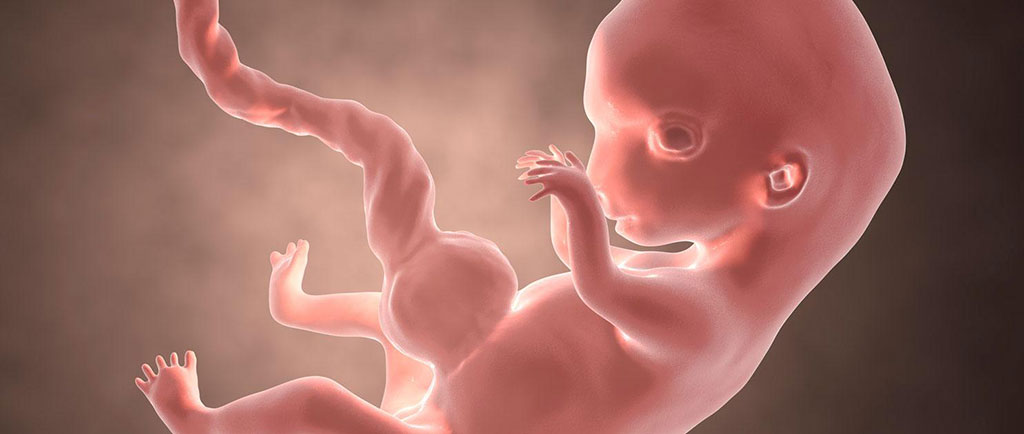AI Rapidly Identifies Rare, Life-Threatening Disorders from Ultrasound Scans
Posted on 20 Jul 2022
Cystic hygroma is an embryonic condition that causes the lymphatic vascular system to develop abnormally. It’s a rare and potentially life-threatening disorder that leads to fluid swelling around the head and neck. The birth defect can typically be easily diagnosed prenatally during an ultrasound appointment. Now, a new study has demonstrated that deep-learning architecture can help identify cystic hygroma from first trimester ultrasound scans.
In a new proof-of-concept study, researchers at the University of Ottawa (Ontario, Canada) are pioneering the use of a unique artificial intelligence-based deep learning model as an assistive tool for the rapid and accurate reading of ultrasound images. The goal of the team’s study was to demonstrate the potential for deep-learning architecture to support early and reliable identification of cystic hygroma from first trimester ultrasound scans. The researchers tested how well AI-driven pattern recognition could diagnose the birth defect prenatally using ultrasonography.

“What we demonstrated was in the field of ultrasound we’re able to use the same tools for image classification and identification with a high sensitivity and specificity,” said Dr. Mark Walker at the University of Ottawa’s Faculty of Medicine, who led the study and believes the approach could also be applied to other fetal anomalies generally identified by ultrasonography.
Related Links:
University of Ottawa




 Guided Devices.jpg)









